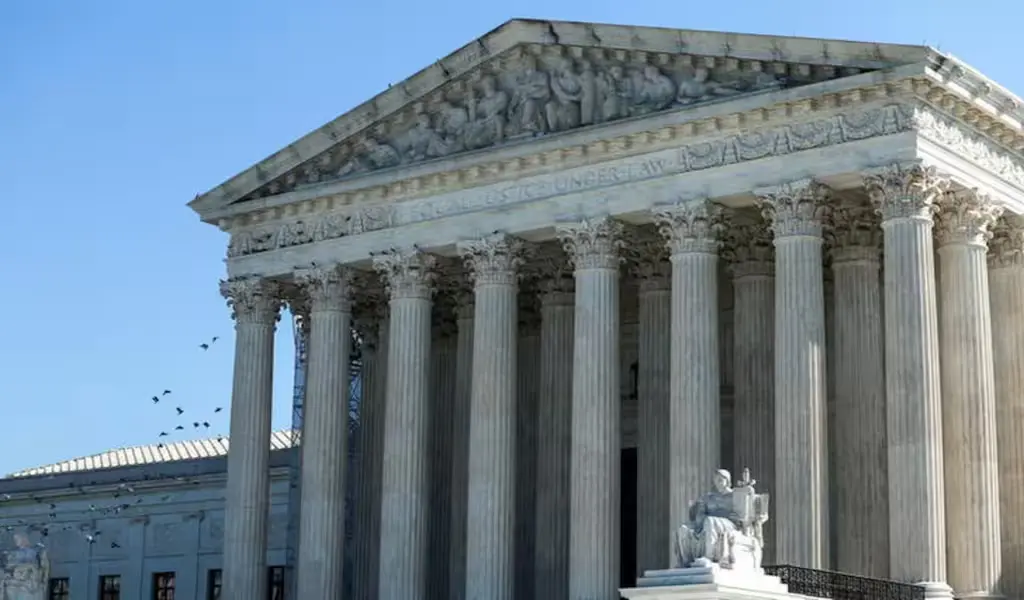(CTN News) — On Friday, The United States Supreme Court narrowly interpreted a portion of a 2018 criminal justice reform bill, denying thousands of inmates the opportunity to seek a lesser sentence in a decision centred on the meaning of the word “and.”
The Supreme Court ruled 6-3 in favour of the government, denying relief to a convicted drug dealer from Iowa under the First Step Act.
That measure, adopted in 2018 by Republican former President Donald Trump, sought to minimise harsh sentencing for nonviolent offenders, reduce recidivism, and lower the size of the federal prison population.
The Supreme Court decision concerned a section of the statute that broadened the pool of individuals convicted of drug offences who qualified under a “safety valve” clause to be exempt from obligatory minimum jail sentences.
Mark Pulsifer, who pled guilty to trafficking methamphetamines in 2020, attempted to take advantage of the “safety valve,” but lower courts determined he did not meet all of its conditions to escape a statutory minimum sentence of 15 years and be eligible for an individualised punishment.
The fundamental point in the case was whether the term “and” in a list of three conditions to qualify for the safety valve meant “and,” in which case a defendant must meet all three factors, or “or,” in which case Pulsifer just needed to meet one of them.
The federal appeals courts were split on the issue, with three agreeing with Pulsifer’s counsel that only one criterion needed to be met and four agreeing with the government that all three were required, including the 8th U.S. Circuit Court of Appeals, which upheld his sentence.
In an opinion joined by five of the court’s six conservatives, liberal Justice Elena Kagan stated that the 8th Circuit was correct, that “and” meant “and,” and that Congress “did not extend safety-valve relief to all defendants, but only to some.”
Kagan stated that the government’s view was based on a “routine aspect of expression,” and provided many examples of sentence structure to support her reading, including from the children’s book “The Very Hungry Caterpillar.”
“Consider this, perhaps half-remembered line from childhood: ‘On Saturday, he ate through one piece of chocolate cake, one ice-cream cone, one pickle, one slice of Swiss cheese, one slice of salami, one lollipop, one piece of cherry pie, one sausage, one cupcake and one slice of watermelon’, she wrote, quoting Eric Carle’s classic book.
In that example, Kagan defined “and” as “the introductory words ‘ate through’ apply independently and equivalently to each of the ten foodstuffs that follow.”
Conservative Justice Neil Gorsuch dissented in an opinion co-authored by the court’s two leftist justices, Sonia Sotomayor and Ketanji Brown Jackson.
He claimed that the court’s decision disregarded “the law’s ordinary and most natural meaning” and, as a result, “guarantees that thousands more people in the federal criminal justice system will be denied a chance–just a chance–at an individualised sentence.”
“For them, the First Step Act offers no hope,” he said. “Nor, it seems, is there any rule of statutory interpretation the government won’t set aside to reach that result.”
Source: Reuters






